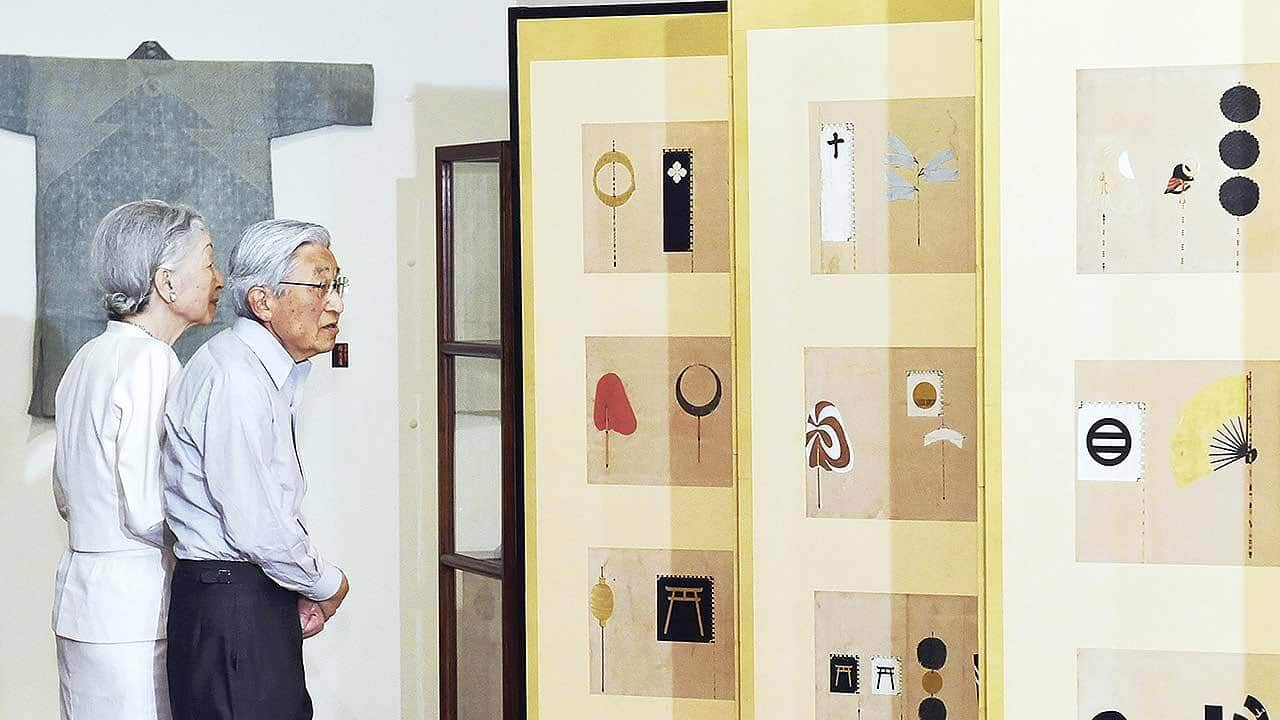Japanese Emperor Akihito's abdication has moved a step closer with the lower house of parliament approving a bill paving the way for the first such abdication in nearly two centuries.
Akihito, 83, who has had heart surgery and treatment for prostate cancer, said in rare public remarks last year he feared age might make it hard for him to fulfil his duties.
Akihito, the first Japanese emperor who was never considered divine, has worked for decades to soothe the wounds at home and abroad of World War II, fought in his father Hirohito's name. He will be succeeded by Crown Prince Naruhito, 57.
The law passed the more powerful lower house with just a handful of dissenting votes and now goes to the upper house, with the intention of getting it passed before the current session of parliament ends in several weeks.
While no definite plan for an abdication has been confirmed, media have said it will likely take place in late 2018, which would mark nearly 30 full years on the throne for the emperor.
The last time an emperor stepped down was in 1817.
The bill is one-off legislation that would allow only Akihito to step down, with no provisions for future emperors.


